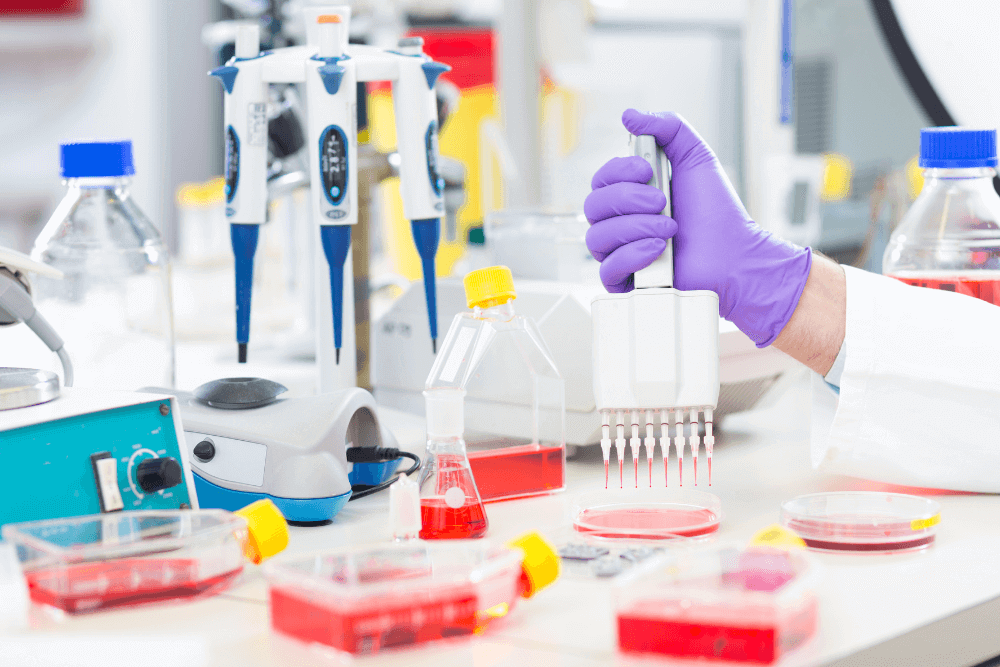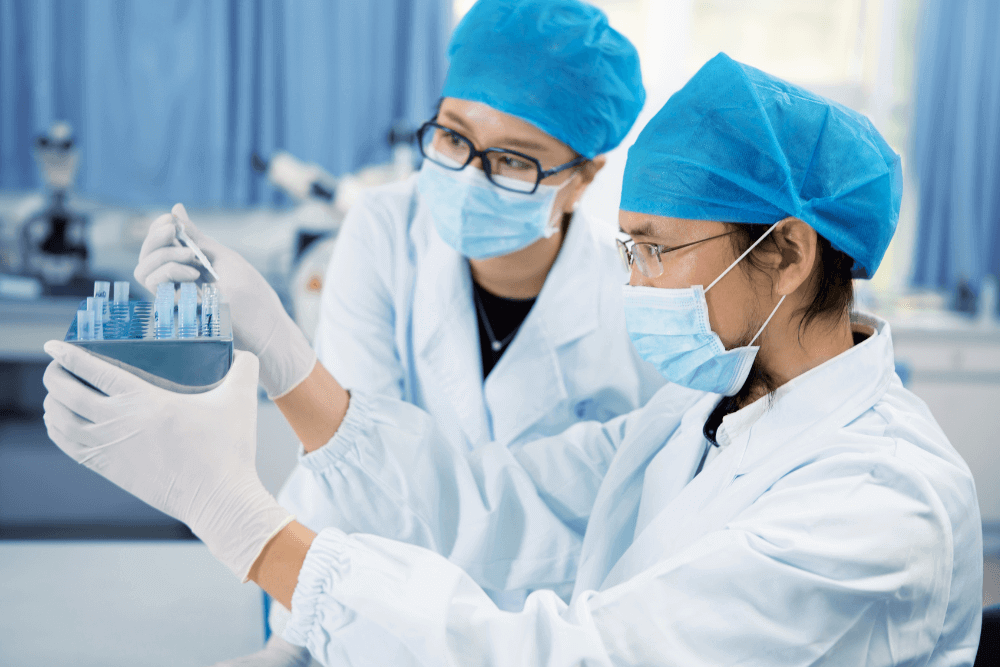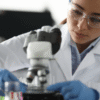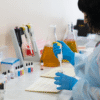In today’s fast-paced world, medical checkups in Lahore have become increasingly important to maintain overall health. With advancements in technology, lab tests near me are more accessible than ever. However, the accuracy and reliability of these tests are crucial for accurate diagnosis and effective treatment. This is where quality control in medical labs plays a pivotal role.
Why is Quality Control Important?
Firstly quality control ensures that lab testing in Lahore is conducted with precision and accuracy. Secondly, it involves a series of procedures and protocols to minimize errors and maintain the highest standards. Moreover, by adhering to strict quality control measures, medical laboratories can deliver reliable results that empower healthcare providers to make informed decisions.

Key Components of Quality Control in Medical Labs
- Personnel Competency:
- Well-trained Staff: Furthermore, a skilled and experienced team is essential for accurate test results.
- Regular Training: Continuous training and education programs keep staff updated on the latest techniques and methodologies.
- Equipment Calibration and Maintenance:
- Regular Calibration: Moreover, calibration ensures that equipment, such as x-ray machines, MRI scanners, CT scanners, and ultrasound machines in Lahore, are functioning optimally.
- Preventive Maintenance: Regular maintenance minimizes breakdowns and maximizes equipment lifespan.
- Standard Operating Procedures (SOPs):
- Clear Guidelines: SOPs provide detailed instructions for every step of the testing process, from sample collection to result reporting.
- Adherence to Protocols: Strict adherence to SOPs ensures consistency and minimizes errors.
- Quality Control Materials (QCMs):
- Reference Standards: QCMs are used to monitor the accuracy and precision of tests.
- Regular Monitoring: Regular analysis of QCMs helps identify and correct any deviations.
- Internal Quality Control (IQC):
- Daily Monitoring: IQC involves analyzing control samples along with patient samples to assess the accuracy of test results.
- Immediate Corrective Action: Any deviations from the expected range are promptly investigated and corrected.
- External Quality Assessment (EQA):
- Comparative Analysis: EQA programs involve sending samples to external laboratories for comparison. Furthermore, we are currently enrolled in CAP, ESfEQA, NEQAS and API NEQAPP annually and quarterly for efficient external quality assessment programs.
- Benchmarking Performance: By comparing results with other laboratories, labs can identify areas for improvement.
- Data Management and Reporting:
- Accurate Record-Keeping: In addition, accurate and complete records are essential for tracking patient data and ensuring compliance with regulations.
- Timely Reporting: Timely reporting of results is crucial for efficient patient care.

The Impact of Quality Control on Patient Care
Quality control in medical labs directly impacts patient care in several ways:
- Accurate Diagnosis: Reliable test results help healthcare providers make accurate diagnoses.
- Effective Treatment: Precise diagnosis leads to appropriate and timely treatment.
- Improved Patient Outcomes: Early detection and effective treatment can significantly improve patient outcomes.
- Reduced Healthcare Costs: Accurate test results can prevent unnecessary tests and procedures, reducing healthcare costs.
The Future of Medical Labs: Embracing Innovation
Medical laboratories are constantly evolving to meet the growing demands of healthcare. Some emerging trends in the field include:
- Personalized Medicine in Lahore: Tailored treatments based on individual genetic makeup.
- Tissue Biopsy in Lahore: Non-invasive testing for early cancer detection.
- Telemedicine in Lahore: Remote diagnostics and consultations. As a result prodcuing helping community for better healthcare.
- Surgical Pathology in Lahore: Microscopic analysis of tissue samples specifically tailored to assess cancer diagnostics.
By embracing these innovations and maintaining rigorous quality control standards, medical laboratories can continue to play a vital role in improving patient health.
In conclusion, quality control is the cornerstone of reliable and accurate lab testing. Moreover, by prioritizing quality control measures, medical laboratories can ensure that patients receive the highest quality care. Also, if you’re looking for lab testing in Lahore, be sure to choose a laboratory that is committed to quality control and patient safety.










